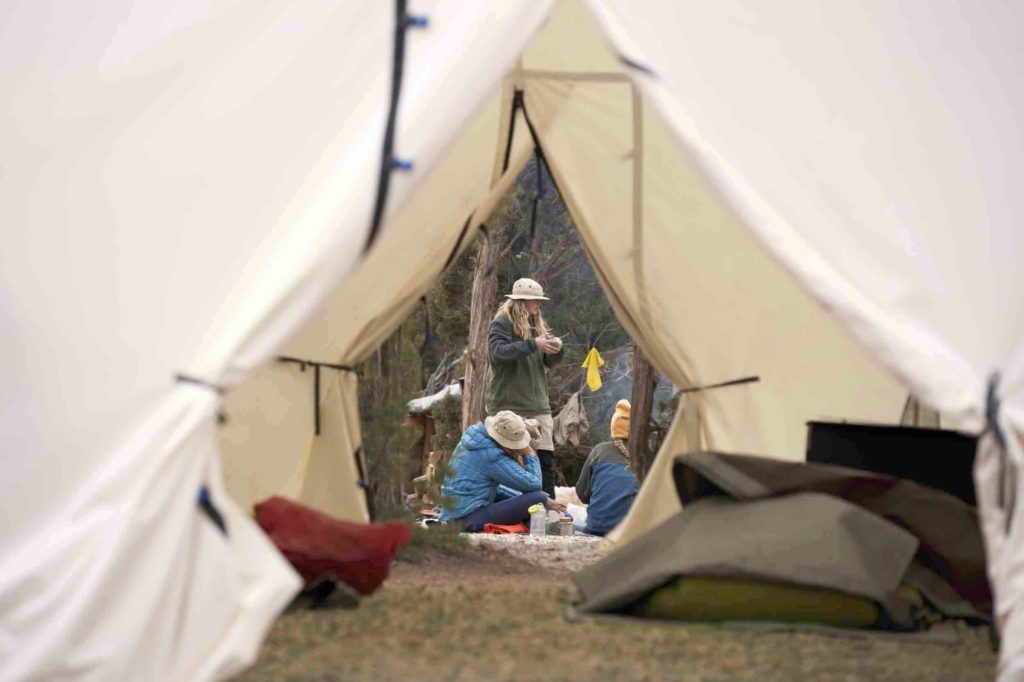We are living in unusual times where the whole world is experiencing loss. Sadly, many have lost loved ones to this aggressively-spreading coronavirus. Many more are losing jobs, seeing businesses shut down or investments dwindle in value. All of us have experienced the loss of cancelled events, postponed vacations, and isolation from extended family, friends, co-workers and communities. The purpose of this blog is to help to bring some hope in the midst of our common, universal loss.
Some of you may have heard of “wilderness therapy camps” whose purpose is to remove the visitor from all the distractions of daily life, stripping them of modern amenities so they can self-reflect and reset their life with the goal of moving forward in a more productive way (for example, see www.openskywilderness.com.)
Currently many of us feel as if we are in our own “wilderness camp” with the removal from our normal ways of life. Why not take this time to reflect on and reboot your life? The Hebrew word selāh denotes a musical interlude, a pause or break in a song, a place to reflect back, contemplate and prepare for what lies ahead. In my work with clients and talking with family and friends I am finding that some of us are doing this very thing.
For example, many people are choosing to count their blessings and reflect on the value of the things we may have taken for granted. This can result in a new level of appreciation for family and personal relationships. I have even heard of people being being reconciled with loved ones they have been in conflict with. Families are finding new ways of relating while working from home and supervising their children as they are home-schooled. Individuals are having time to reflect on their lives, and decide what is most important to them.
In 1969, noted psychiatrist Elizabeth Kubler-Ross pioneered the concept of the five stages of grief which many of you are probably familiar with. Several years later she co-authored a book with David Kessler called Grief and Grieving which outlined the five stages of Denial, Anger, Bargaining, Sadness and Acceptance. David, through his own experience with grief came, to discover a sixth stage he calls the “Meaning” strage and wrote about it in his latest book called Finding Meaning:
“In the sixth stage we acknowledge that although for most of us grief will lessen in intensity over time, it will never end. But if we allow ourselves to move fully into this crucial and profound sixth stage- meaning- it will allow us to transform grief into something else, into something rich and fulfilling. Through meaning we can find more than pain, Loss can wound and paralyse. It can hang over us for years. But finding meaning in loss empowers us to find a path forward.”
David Kessler, Finding Meaning
Finding meaning is not an escape from the other stages, but instead offers you something that takes you beyond just simply accepting your loss.
I encourage you to use this time for your own selāh; find some time to reflect on your life and relationships, examine what you believe in, and find or reinforce a greater purpose for your life. I hope you will find a path forward through whatever loss you are experiencing, and while processing your own grief, move on to that final stage of finding meaning.
